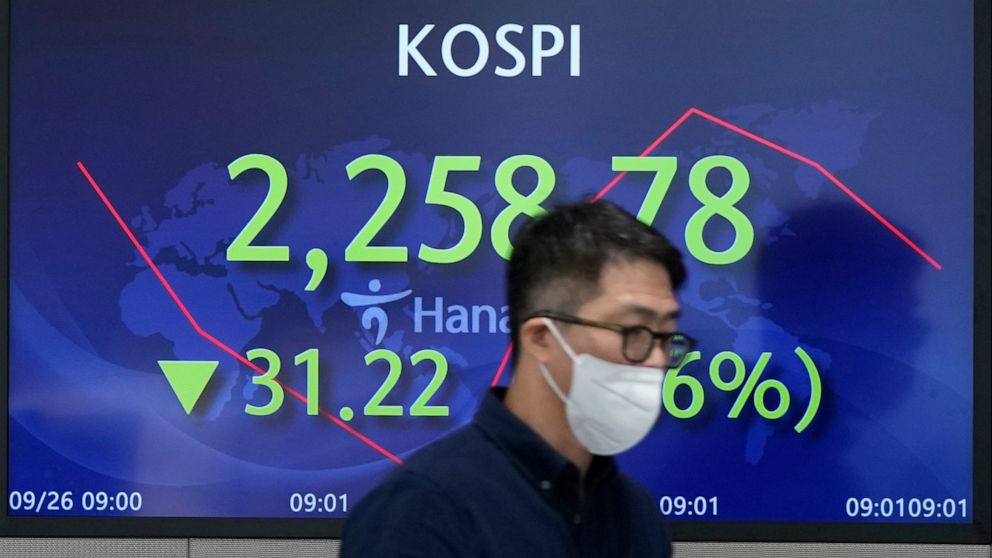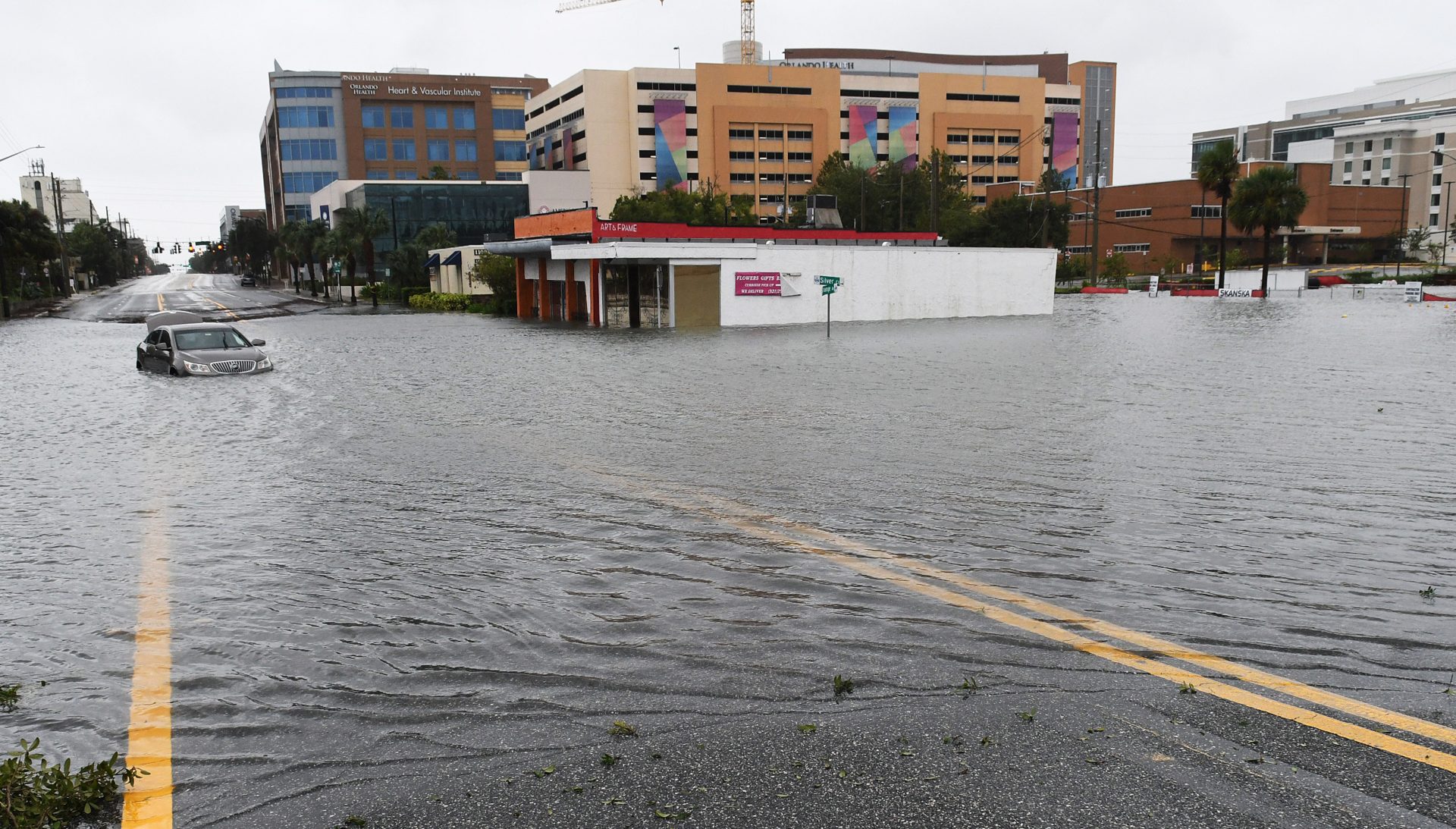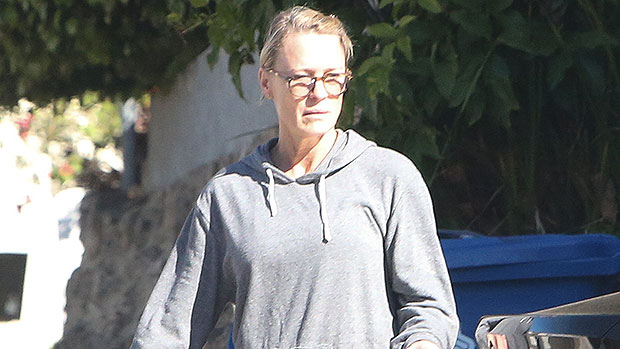LATEST LAS VEGAS NEWS
LATEST WORLD NEWS TODAY
-
Victorian rentals increase as ‘crisis’ deepens
[ad_1] Victorian rental prices have jumped significantly in the past year, prompting…
-
Infamous vegan charged over disruptive Royal Show protest
[ad_1] Controversial vegan Tash Peterson has returned to WA — and is…
-
Jack Miller enjoys Japan MotoGP win
[ad_1] Live Australia’s Jack Miller claimed his first win of the MotoGP…
-
Police hunt Perth scissor slasher as victim out of hospital
[ad_1] A 29-year-old man who was slashed across the neck with a…
-
Iran restricts social media as hijab protests widen
[ad_1] Seven people have been killed as violent protests erupt across Iran…
-
Record Cats AFLW win marred by Georgie Prespakis tackle | The New Daily
[ad_1] Live Geelong star Georgie Prespakis faces a nervous wait after concussing…
-
Super returns slipped in August but are up since July
[ad_1] Superannuation returns slipped in August as international share and money markets…
-
I knew my family was keeping secrets. Then I discovered I had a brother I’ve never known
[ad_1] I was an only child. It was lonely and I used…
-
Tobias Foss claims shock world title in Wollongong time-trial
[ad_1] Live Tobias Foss repeatedly shook his head in disbelief after completing…
USA BREAKING NEWS TODAY
-
How all 15 L.A. City Council members have responded to the racist leaked audio

[ad_1] The Los Angeles City Council is in crisis. Secretly recorded audio…
-
Missouri radio host Vic Faust fired from TV gig after unhinged, cruel rant against co-host

[ad_1] A Missouri radio host who went berserk on his stunned co-host…
-
Inflation sends prices soaring at discount stores

[ad_1] Inflation sends prices soaring at discount stores – CBS News Watch…
-
Inflation sends prices soaring at discount stores

[ad_1] Inflation sends prices soaring at discount stores – CBS News Watch…
-
Putin reportedly enlists serial killers, a cannibal to fight in Ukraine war

[ad_1] Desperate Russian President Vladimir Putin is trying to “recruit at least…
-
Sherri Papini invented a wild kidnapping hoax. The true story is even stranger

[ad_1] Sacramento — Sherri Papini disappeared from her Northern California neighborhood in November…
-
GOP governors continue sending migrants, including babies, to Democratic states

[ad_1] Republican governors this week continued ramping up the controversial practice of sending…
-
Gabby Petito’s story shines a light on domestic violence. Could her death have been prevented?

[ad_1] In the late summer of 2021, the story of 22-year-old Gabby…
-
Gabby Petito’s story shines a light on domestic violence. Could her death have been prevented?

[ad_1] In the late summer of 2021, the story of 22-year-old Gabby…
-
Marine Corps removes harsh COVID vax penalties for religious accommodations

[ad_1] A new administrative order issued by the Marine Corps has temporarily…
-
Man convicted in Ghost Ship fire that killed 36 could go back to prison

[ad_1] The master tenant of the Ghost Ship warehouse, an Oakland artists’…
-
Man convicted in Ghost Ship fire that killed 36 could go back to prison

[ad_1] The master tenant of the Ghost Ship warehouse, an Oakland artists’…
MUST WATCH STORIES
Block Title
- United Kingdom
Looking back at how the 1989 convention led to Scottish devolution
[ad_1] The first meeting of the convention took place in March 1989, attended by MPs, councillors, clergy, trade unionists, businessmen…
Read More » - United Kingdom
Five unusual things to do in south east London
[ad_1] There are plenty of fun things to see and do in south east London from historic buildings, sightseeing, markets,…
Read More » - United Kingdom
‘Wicked: An astounding show for all ages not to be missed this half term’
[ad_1] I say, look no further than Wicked at The Apollo Victoria Theatre. For anyone who might not know, Wicked…
Read More » - United Kingdom
How Bexleyheath Broadway has changed since 1945 – with nostalgic pictures
[ad_1] We’ve taken two satellite images sideby side, which have revealed the landscape of Bexleyheath Broadway in 1945 compared to…
Read More » - United Kingdom
The best Wetherspoons pubs in south east London to visit this bank holiday
[ad_1] Or perhaps after many pints at the same pub, you’re now looking for somewhere different? There’s not much to…
Read More »



























